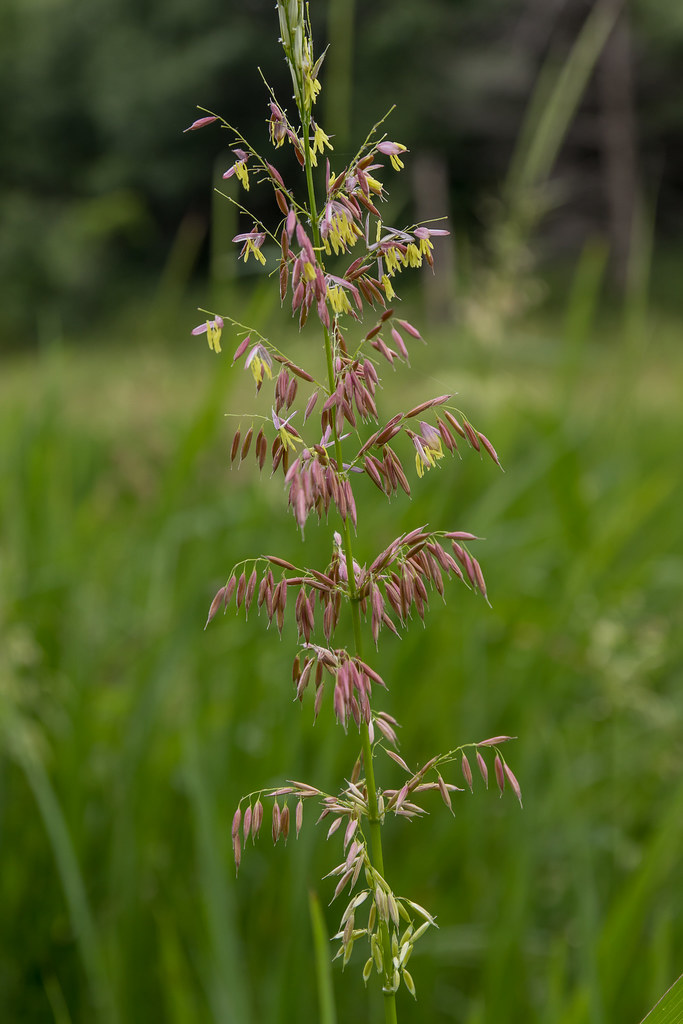White Earth Nation’s fight to protect “wild rice” from the Line 3 pipeline reflects a larger question about the legal rights of nature.
Published by PrismReports,
U.S. federal judges will soon decide whether a lawsuit can proceed in the tribal court of White Earth Nation to decide if manoomin—or wild rice—is entitled to civil rights and if the nation itself is allowed to prevent the state of Minnesota from encroaching on those rights by approving operation for the Line 3 section of a transnational crude oil pipeline.
The lawsuit is the latest effort against Line 3 to protect tribal lands and could change the landscape of pipeline resistance, environmental law, and the sovereignty of treaties between Native nations and the federal government. As the time to mitigate climate change narrows, the efficacy of “Rights of Nature” cases could offer a blueprint of achieving climate justice. The legal battle rests on differing understandings of what rights nature is entitled to and what weight treaties, as the supreme law of the land, bear on holding the state of Minnesota to account.
In 2018, the White Earth Nation, one of the six bands of the Minnesota Chippewa Tribe, passed a law enshrining the Rights of Nature, the concept that ecosystems can possess legally enforceable rights of their own. Manoomin is an integral element in Chippewa spiritual and cultural practice. The water where manoomin grows could be severely, if not irrevocably, harmed by a pipeline section known as Line 3.
Frank Bibeau, a tribal attorney for the White Earth Nation, helped to draft the nation’s Rights of Nature and is now responsible for the strategy that hinges on legal frameworks written centuries apart that may work together to help protect manoomin. The lawsuit will be heard in tribal court, although the state of Minnesota has attempted to prevent this through the federal district court and the 8th Circuit Court of Appeals. The lawsuit’s claims are based on treaties signed in 1837, 1854, and 1855 between the Chippewa Nation and the U.S. guaranteeing tribal nations ability to protect the health and integrity of natural elements. In other words, the White Earth band claims that the dewatering permit issued by the Minnesota Department of Natural Resources (DNR) for Line 3’s construction violates the rights of manoomin to exist, flourish, and thrive, as it’s legally entitled to under the Rights of Nature law.
“Every treaty is a federal statute, and the Chippewa have 44 treaties, and our rights are strong,” Bibeau said. “We have an obligation amongst ourselves to keep everything as good as we can in perpetuity for all the future generations.”…
See the full story on PrismReports.
Photo credit: “Flowering Wild Rice (Zizania palustris)” by Brett Whaley is licensed under CC BY 2.0 .

